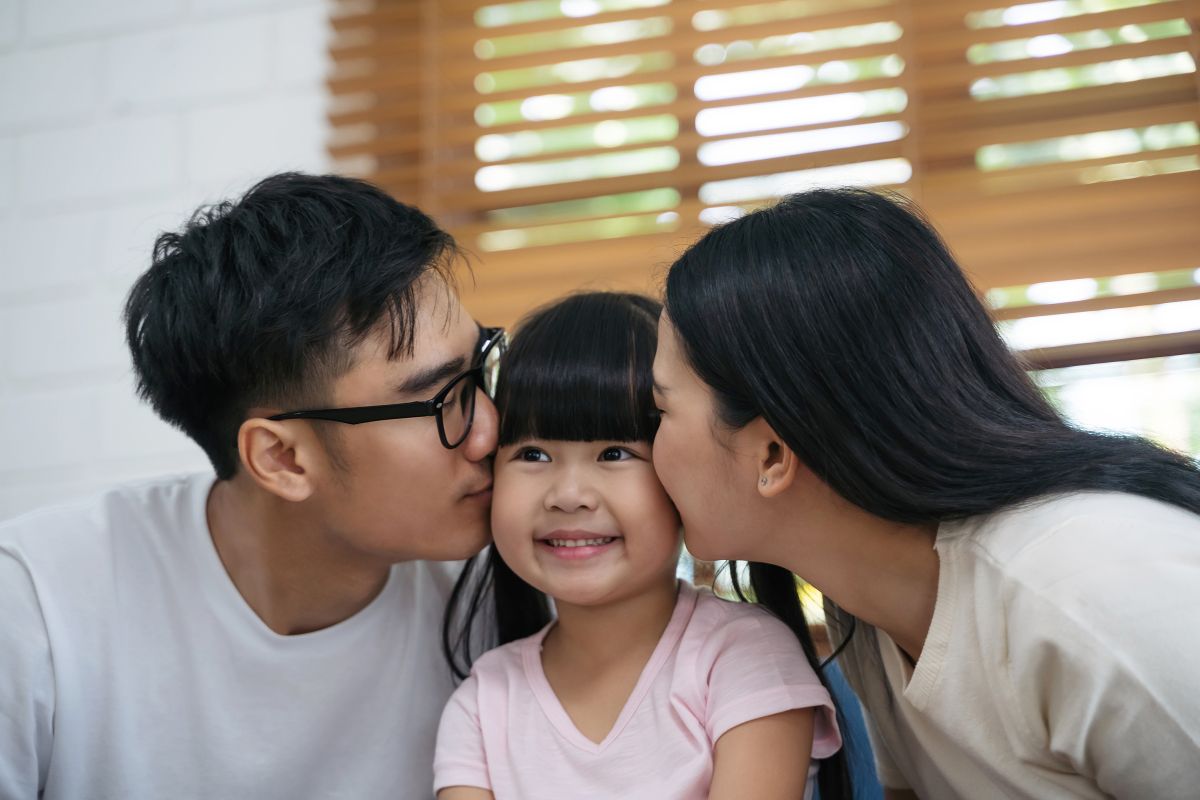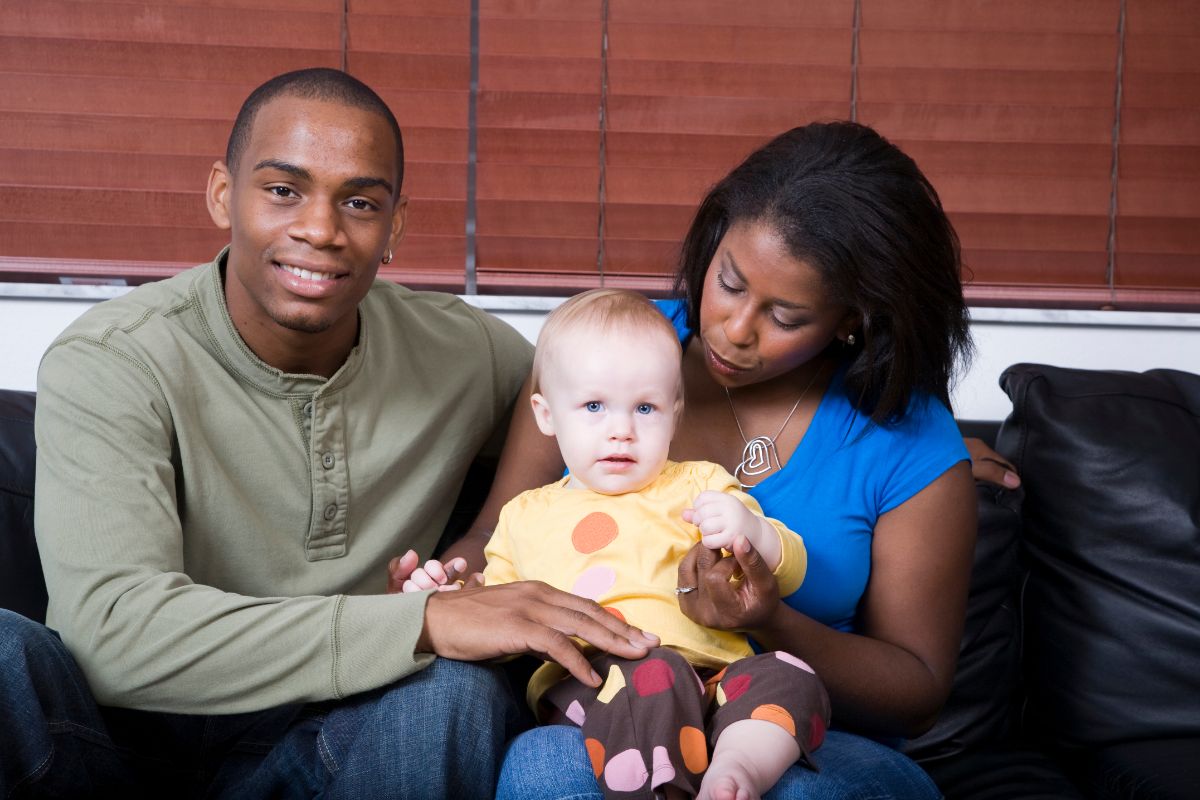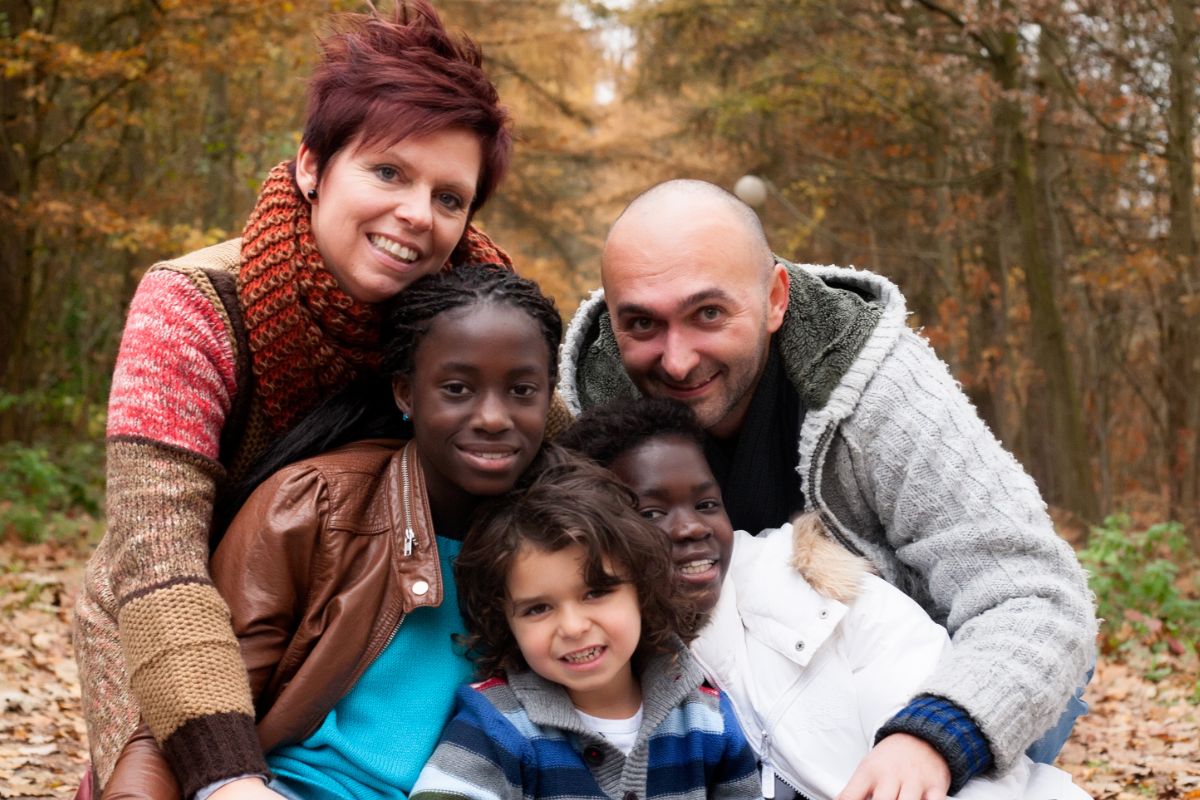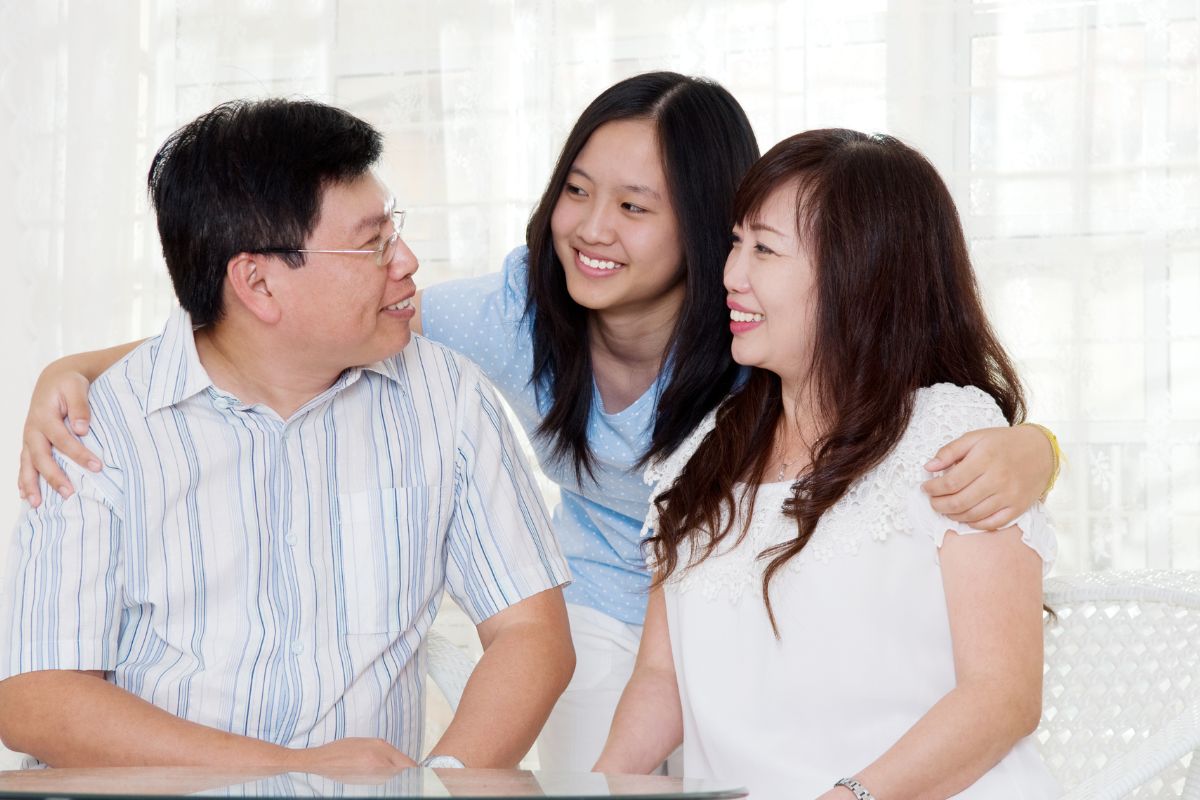Have you considered adoption but been unsure of the implications? Are you curious to know what an “open adoption” really involves?
Adoption is a powerful act of love that can have a life-changing impact on all who are involved. It is also a complex process with practical, legal, and emotional components and consequences.
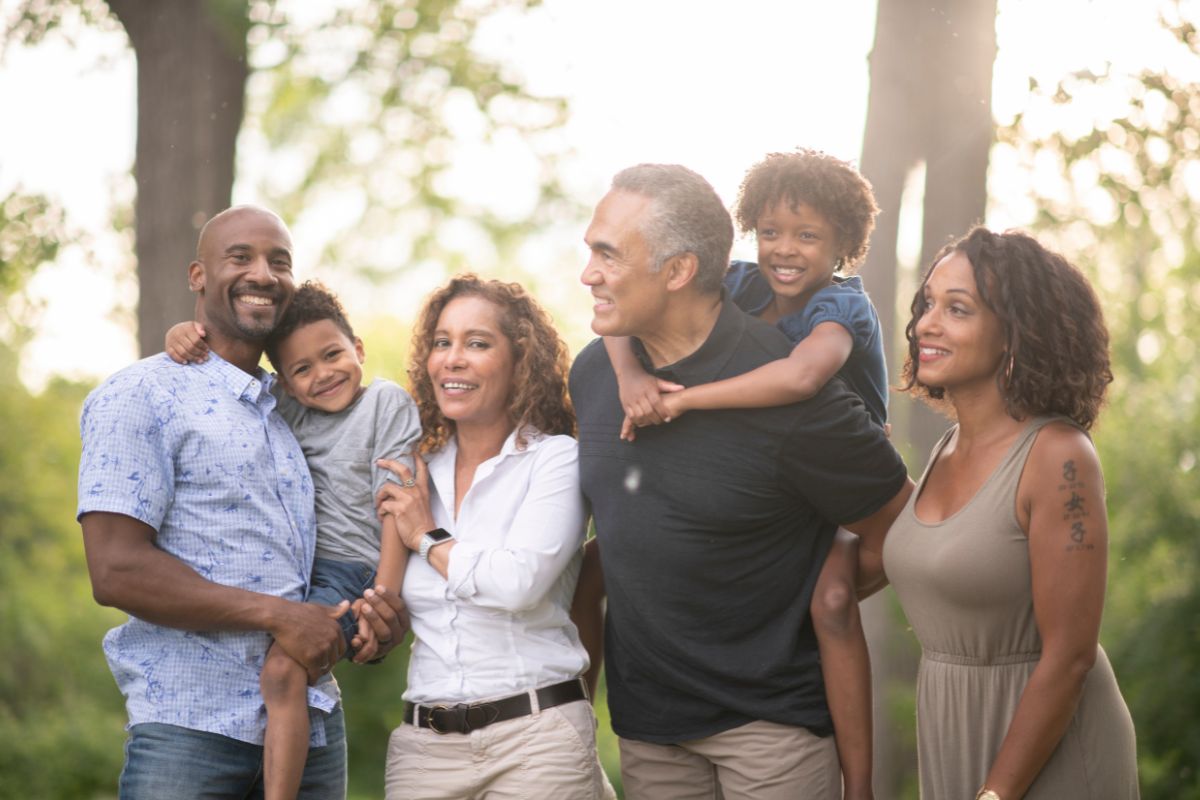
For many families, open adoption is the preferred option because it helps ensure the well-being and success of all parties, especially the child being adopted.
Open adoptions give birth mothers more control in determining where their child is placed for adoption, how much contact they will have with the adoptive family after placement, and how much information they will receive about their child’s development over their lifetime.
In this article, we’ll discuss what open adoptions mean to adoptive families and birth mothers and provide tips for navigating this highly personal journey.
What Exactly Is An Open Adoption?
Open adoption is a form of adoption that allows for some method of ongoing or initial contact between the birth family and adoptive family.
This contact could include meetings, sharing information, or having ongoing contact throughout the years.
Open adoptions are becoming increasingly popular as they provide more opportunities for both the birth family and adoptive family to have a relationship with each other.
Why Would Anyone Choose An Open That’s Adoption?
Open adoption gives adoptees access to medical information about their birth families that may be important for them in later life.
This can include information about genetic conditions or inherited traits that could affect their health and wellbeing.
Open adoption also provides an opportunity for adoptees to build relationships with members of their birth families if they choose, which can give them a sense of belonging and connection that they may not otherwise have had.
Ultimately, open adoption offers many advantages for both adoptive parents and adoptees alike, helping create a positive environment where everyone involved can thrive.
What Are The Benefits Of An Open Adoption?
Open adoption has many benefits for both the adopted child and their birth family.
One of the most important benefits is that it allows the adoptee to have some form of contact with any members of their birth family, which can help them feel more secure in their identity.
This contact can also provide answers to the big questions that adoptees often have about why they were placed for adoption and what their birth family is like.
Links To Ancestry
The connection to a person’s heritage and ancestry is an important part of identity. For those who have been adopted, this can be a difficult thing to access.
However, with open adoptions, the adoptee will have access to information on their ancestry and heritage. This can include information about their birth parents, such as their names, backgrounds, and any other relevant information available.
With this knowledge, the adoptee can begin to build a sense of identity by claiming this piece of their past as part of themselves.
Having access to this information can also help the adoptee feel more connected to their family history and culture. They may be able to learn about traditions or customs that are specific to their heritage or ancestry.
This knowledge can provide them with a greater understanding of where they come from and how it has shaped them into who they are today.
Larger Circle Of Family Support
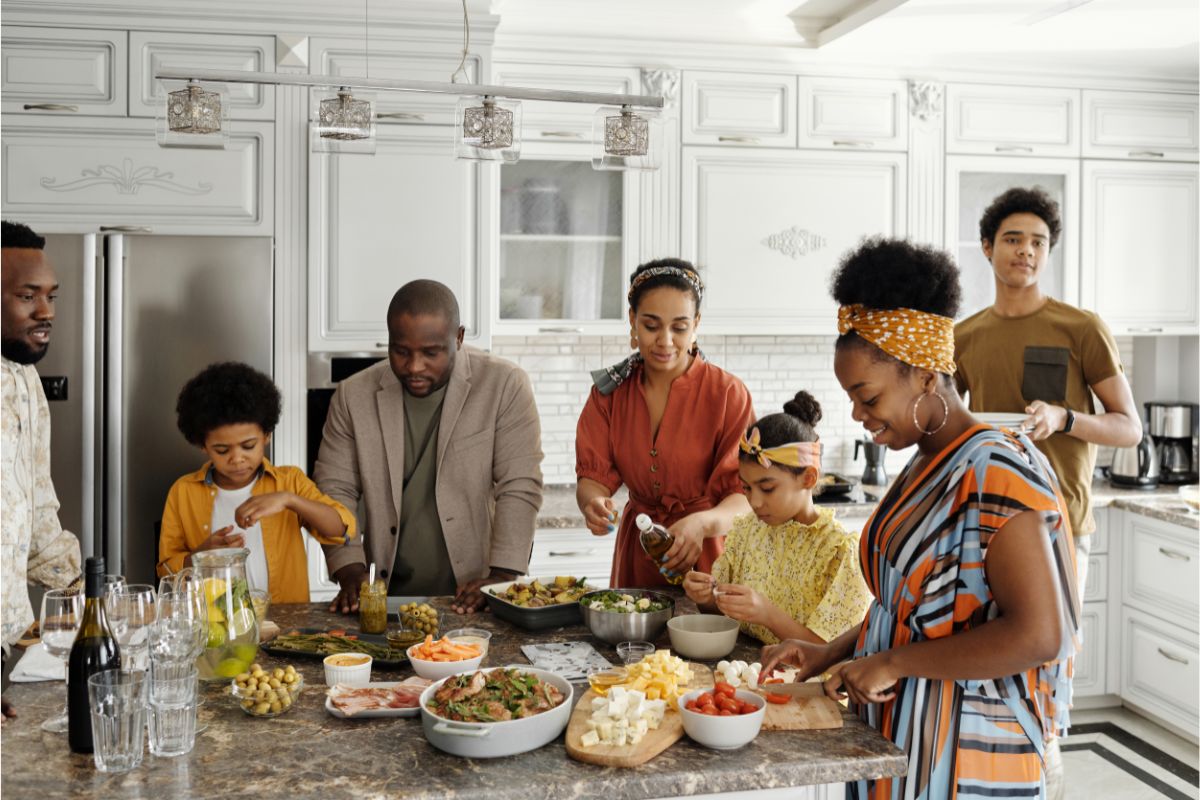
In an open style of adoption, the birth parents can have the option to still be involved in the child’s life, providing them with additional love and support.
This can be beneficial for the adoptee, as they have more people to turn to for guidance and comfort.
It also allows them to form meaningful relationships with their birth parents, which can help them gain a better understanding of their identity and heritage.
The adoptive family may also benefit from having an extended network of family members who are invested in the well-being of their child.
They may receive extra assistance from grandparents, aunts, uncles, or other relatives who are eager to show their love and support for the adopted child.
This can be especially helpful during difficult times when extra emotional or practical help is needed.
You Can Have Medical Information Available At The Ready
Adoptees often face a unique challenge when it comes to their medical care. Without access to medical information about their biological family, they are unable to make informed decisions regarding their own health and well-being.
Having access to this information may actually be invaluable for adoptees and the medical personnel who provide them with care.
Knowing the medical history of an adoptee’s biological family can help doctors diagnose conditions more accurately and provide better treatment plans.
It can also give adoptees peace of mind knowing that they are taking proactive steps towards managing any potential health risks that may arise from inherited conditions.
Unfortunately, many adoptees still lack access to this vital information due to privacy laws or other barriers.
What Are The Drawbacks Of An Open Style Adoption?
Open adoption can be a wonderful way to bring two families together, but it also has its drawbacks. One of the main issues that can arise is boundary issues between the adoptive and birth parents.
Unrealistic Expectations
Unrealistic expectations actually can be a major issue in open adoption.
Birth parents may expect the adoptive parents to provide a perfect life for their child, while adoptive parents may have expectations on the birth parents remaining anonymous.
Values That Are Conflicting
Conflicting values can be a difficult issue to navigate when it comes to adoption. When adoptive parents and birth parents have different beliefs, morals, and lifestyles, it can create tension and stress for everyone involved.
It is important to remember that the child’s best interests should always come first. Even if you disagree with the other family’s values or lifestyle, it is important to respect their beliefs and try to find common ground.
Final Thoughts
Open adoption is a wonderful way to bring two families together and provide an adoptee with access to their biological family.
However, it is important to be aware of the potential drawbacks that can come along with this type of relationship.
It is essential for all parties involved to establish realistic expectations, respect each other’s values, and work together towards the best interests of said child.
If you enjoyed this article, you might like our post ‘What Is Embryo Adoption?‘.
- 10 Best States For Families - March 6, 2023
- Can A White Couple Adopt A Black Baby? - March 1, 2023
- Best DNA Tests For Adoptees - February 28, 2023


